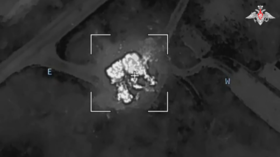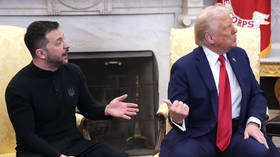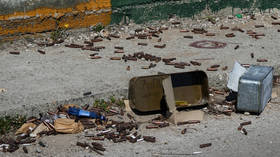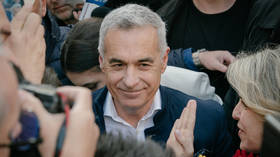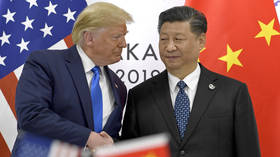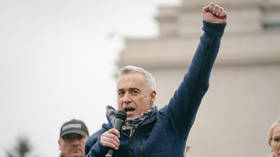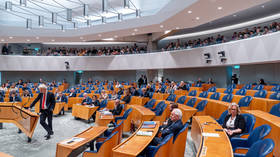Advertisers looking for more growth as TV time tightens

Despite general Russian advertising market growth in 2010 large companies, including Unilever, Reckitt Benckiser, Wimm-Bill-Dann, MTS and Megafon slashed their advertising budgets, and market players are looking for a better 2011.
AdIndex reported a fall in TV advertising volumes for the year, with the key mobile telephone and beer market advertisers cutting back, although Sergei Veselov, Marketing Research Directo at Video International noted that that the share of major advertisers on federal TV declined remained higher than in 2008.“Telecommunication sector and soft beverage producers were among those who reduced advertising activity in 2010 by 5% to 5.4 billion roubles and 2.6 billions respectively. Brewing companies have cut advertising expenses by 12% to 3.2 billion roubles”According to AdIndex data Procter & Gamble had the biggest advertising budget of 7.55 billion roubles in 2010, with almost 6.29 billion roubles were spent to promote companies products on TV. Vladimir Evstafiev, Chairman of the Commission of Experts at ACAR, says companies changed their advertising strategy during the economic downturn but are, with this now receding, becoming more positive and looking to purchase advertising in advance.“All big market participants have reviewed their advertising strategies and focused on short term plans rather than long term advertising contracts – due to market fluctuations and unpredictable customer behavior affected by the crisis. TV advertisement have suffered from a lack of long term contracts and recorded an overall reduction in the time purchased in advance, and that is why, revenues have fallen. Today, the market is getting back to pre crisis levels with TV advertising time. Companies with big advertising budget have already booked all available time on 4 top central channels – Channel One, Rossia, NTV and Center TV.”While TV advertising revenues weathered a tough year in 2010, the Russian Internet advertising market showed the fastest growth in the world by the end of the year, according to a Jason & Partners Consulting report“During 2010 the Russian Internet advertising market increased by 42%. China and India follow the leader with a 35% and 31% market boost. Yandex occupies 42.5% of the internet advertising volumes in Russia. Mail.Ru Group and Google have settled down far behind with 13.5% and 11.8% market share.” Vladimir Evstafiev, Chairman of the Commission of Experts at ACAR , says the outlook for the advertising sector as a whole is more positive after a seasonal slow start to the year.“On the whole the advertising budgets grow on a year on year basis – due to market growth, competition and consumer behaviour. The advertising cycle has its ups and downs. So, January traditionally is a period of low interest, then interest increases ahead of new seasonal summer goods. Stable growth remains until August, but the real rally is observed in December.”


